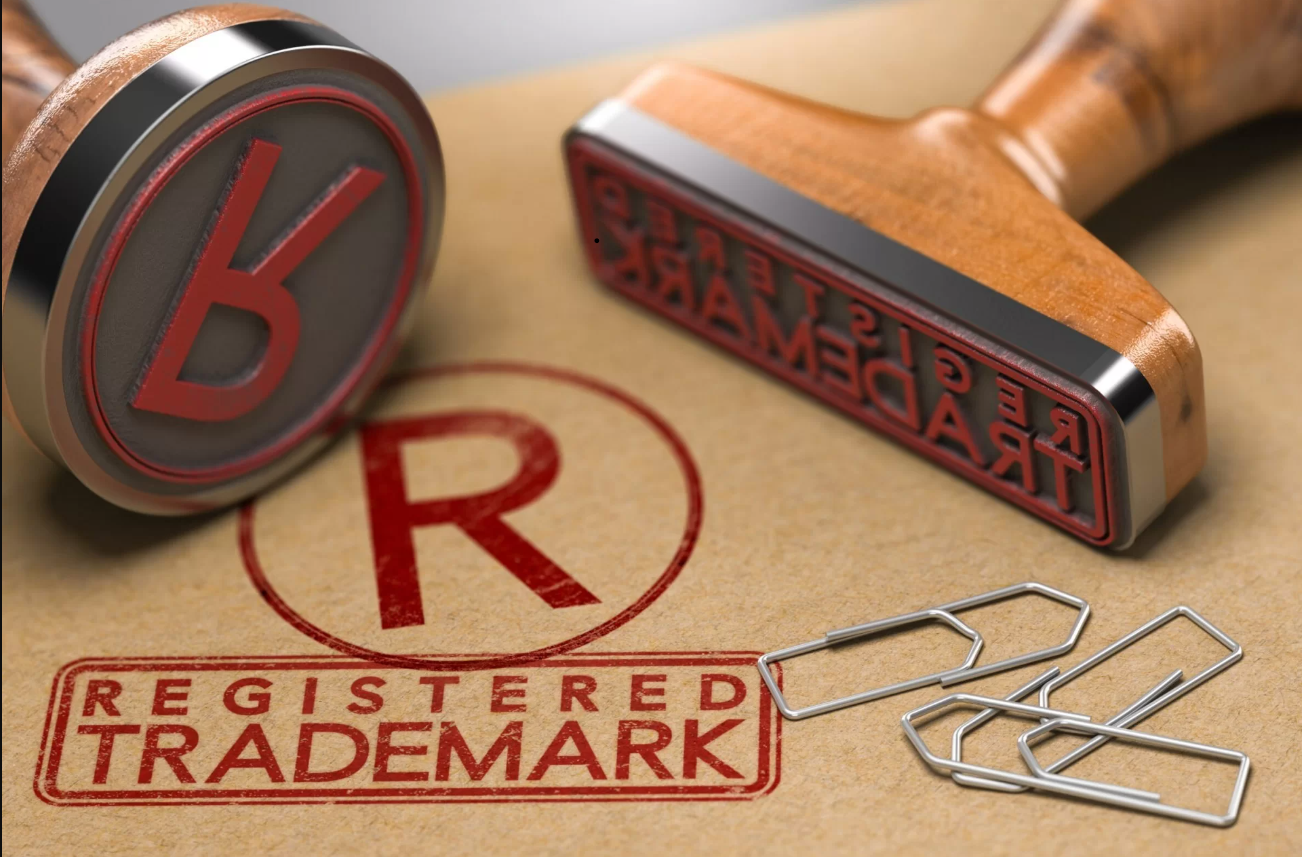The name ‘Pablo Escobar’ may not be registered as a trade mark: the recent decision by the EU General Court
In a judgment of 17 April 2024, the Third Chamber of the General Court of the European Union dismissed the appeal filed by Escobar Inc. against the decision of the Fifth Board of Appeal of the EUIPO, which had confirmed the rejection of the application for registration of the trade mark 'Pablo Escobar'.
Insofar as it is of interest here, Pablo Escobar was a notorious Colombian criminal who came to prominence due to his connection to the world of narcotics and drug trafficking to the point of being called 'the emperor of cocaine' and becoming the richest criminal in history. Despite his activities, Pablo Escobar gained such notoriety in his own country that in 1982 he was elected to Colombia's House of Representatives.
Specifically, the case stems from Escobar Inc.'s filing of an application to register the word mark 'Pablo Escobar' for classes 3, 5, 9, 10, 12 to 16, 18, 20, 21, 24 to 26 and 28 to 45 of the Nice Agreement. By decision of 1 June 2022, the EUIPO examiner rejected the application on the basis of Article 7(1)(f) of Reg. 2017/1001, pursuant to which trade marks, contrary to public policy or morality, are excluded from registration.
In this case, according to the applicant, the EUIPO applied the concept of public order and morality too liberally, using only a very limited section of the Spanish public. Furthermore, the applicant argued that the Board of Appeal failed to take into account the fact that the names of iconic characters cannot fall within the scope of the application of the aforementioned rule in view of the symbolic nature that they have acquired in traditional popular culture as a result of the crimes committed (Escobar Inc, in fact, recalled the registrations of trade marks bearing the names 'Robin Hood', 'Al Capone' and 'Bonnie and Clyde'). In the applicant's view, this should also apply to the sign 'Pablo Escobar', which refers to a character who has become iconic not only because of his connection with the Medellin Cartel but also, according to the applicant, because of the good deeds he has done for the Colombian people.
On this first plea, the General Court held that the contested decision correctly took as its reference not the totality of the Spanish people but the model of a reasonable person with average thresholds of sensitivity and tolerance. Furthermore, the Board of Appeal did not limit itself to taking into consideration only the public to which the goods and services covered by the registration are addressed but also persons who, without interest in those goods or services, might incidentally see the distinctive sign. As a result of that analysis, the Commission correctly considered that a significant proportion of the Spanish public would associate the mark applied for with drug trafficking and terrorism. Therefore, to allow registration of that mark would have entailed the infringement of indivisible and universal values on which the European Union is founded, such as human dignity, freedom, equality and solidarity, as well as the principles of democracy and the rule of law and the right to life and physical integrity. Furthermore, the fact that names of other persons with criminal records had been registered as trade marks of the European Union cannot justify the appellant's argument since the Board of Appeal is not bound by those decisions and must rule exclusively on the basis of Regulation 2017/1001.
With regard to the second ground of appeal, the General Court found that the Board of Appeal gave clear and unequivocal reasons in several places in its decision for the reasoning that led it to conclude that there had been an infringement of Article 7 of the said Regulation. For example, in relation to the precedents cited by the applicant, the Board of Appeal made it clear that the application for registration of the name Pablo Escobar as a European Union trade mark was not comparable to the earlier applications invoked, since they concerned names of allegedly iconic criminals that had more to do with history than with current events and whose offensive character had diminished over time.
Finally, with regard to the third ground of appeal, the Court specified that Pablo Escobar's fundamental right to the presumption of innocence had not been violated, since, although he had never been criminally convicted, he was publicly perceived in Spain as a symbol of organised crime, responsible for numerous illegal activities. This public perception was further enhanced due to the image of the character created by cinema and literature.

